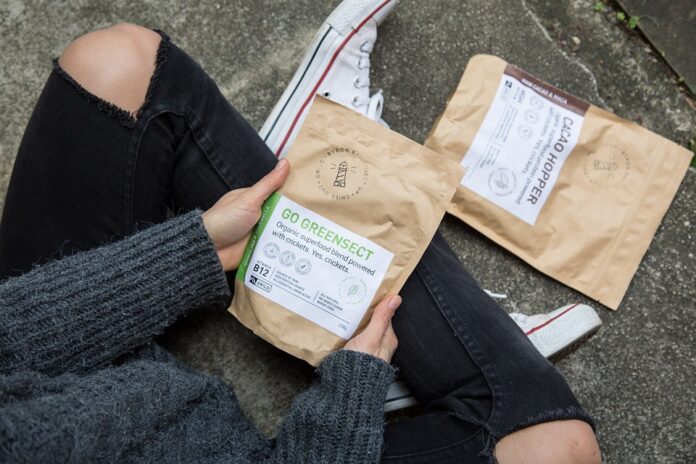The Future of Scalable Alternative Protein Production through Biotech and Automation
The global demand for protein is steadily increasing as the world’s population grows and becomes more affluent. Traditional animal agriculture is facing challenges such as environmental impact, animal welfare concerns, and limited resources. As a result, there is a growing interest in alternative protein sources that are more sustainable, efficient, and ethical. Biotechnology and automation are poised to play a crucial role in the future of scalable alternative protein production.
Biotech Advancements in Alternative Protein Production
Biotechnology has revolutionized the way we produce proteins by utilizing microorganisms such as bacteria, yeast, and fungi to ferment and produce proteins. This process, known as microbial fermentation, allows for the production of proteins without the need for traditional farming practices. Companies like Impossible Foods and Beyond Meat have successfully used biotechnology to create plant-based meat alternatives that closely mimic the taste and texture of traditional meat.
One of the key advantages of biotech in alternative protein production is its scalability. Microbial fermentation can be easily scaled up to meet the growing demand for alternative proteins. This scalability allows companies to produce proteins more efficiently and cost-effectively compared to traditional animal agriculture.
Automation in Alternative Protein Production
Automation is another technology that is driving the future of scalable alternative protein production. By utilizing robotics and artificial intelligence, companies can automate various processes in protein production, from ingredient sourcing to packaging. This automation not only increases efficiency but also ensures consistency and quality control in the production process.
Companies like Just and Perfect Day are leveraging automation to streamline their production processes and reduce costs. By automating tasks such as ingredient mixing, fermentation monitoring, and packaging, these companies are able to produce alternative proteins at scale and compete with traditional animal agriculture.
Financial Data and Industry Insights
The alternative protein market is rapidly growing, with a projected value of $140 billion by 2029 according to a report by Barclays. This growth is driven by increasing consumer demand for sustainable and ethical food options. Companies that are leading the way in alternative protein production are experiencing significant financial success.
For example, Beyond Meat reported a revenue of $406.8 million in 2020, a 37% increase from the previous year. The company’s success has attracted investments from major players in the food industry, such as Tyson Foods and PepsiCo. Similarly, Impossible Foods raised $700 million in a recent funding round, valuing the company at $4 billion.
Overall, the future of scalable alternative protein production through biotech and automation looks promising. As technology continues to advance, companies will be able to produce proteins more efficiently and sustainably, meeting the growing demand for alternative protein sources. With biotech and automation at the forefront, the alternative protein industry is set to revolutionize the way we think about protein production and consumption.




